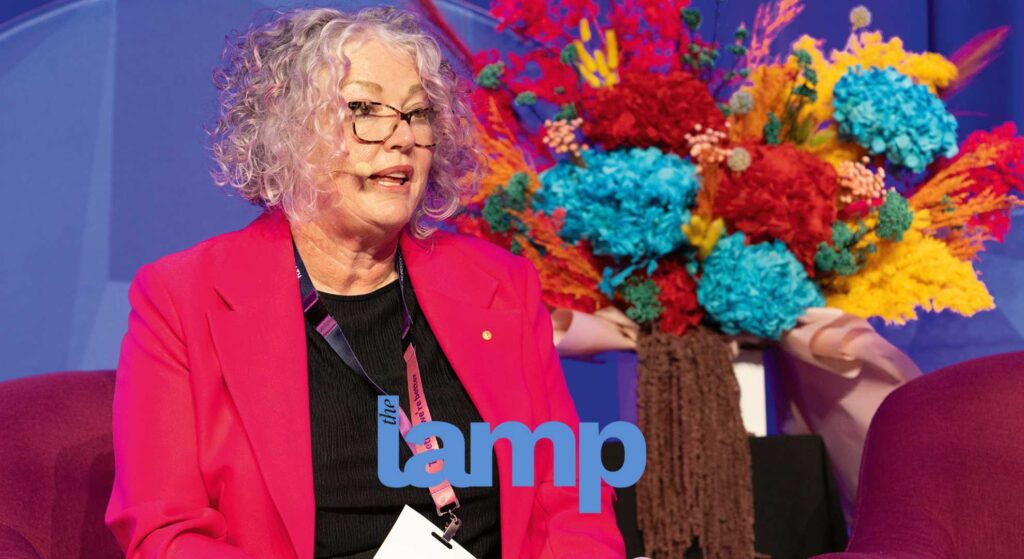
Safe end-of-life care for trauma survivors requires a light touch and a long reach, says Palliative Care Nurse Practitioner Nikki Johnston. Her insights come from years of experience and personal history, including witnessing her great-grandmother, Grace, relive traumatic experiences in her final days. Grace, who passed away at 92, was a survivor of domestic violence and spent her last days fighting off invisible attackers, a manifestation of her past trauma.
Nikki Johnston’s journey into understanding trauma at the end of life began with her personal experiences and has been furthered by her professional observations. Her PhD research was driven by a desire to comprehend why some aged care residents die peacefully, while others face heightened distress and resistance to care. “I started noticing a pattern,” Nikki shared with members of the NSW Nurses and Midwives’ Association. “Residents who died with greater distress often had a history of trauma, frequently hidden and almost never documented.”
Understanding Trauma in End-of-Life Care
For trauma survivors, the end of life can evoke feelings of helplessness and fear, often exacerbated by conditions like dementia. “Dementia can exacerbate trauma symptoms,” Nikki explains, noting the increased risk of dementia among trauma survivors. This is particularly concerning for older women, who are statistically more likely to experience trauma and for whom dementia is a leading cause of death.
Nikki challenges the typical framing of behaviors such as agitation or aggression in end-of-life care, suggesting these should be seen as “communications” of deeper issues like pain, fear, and loss of control. This perspective shift is crucial for providing compassionate care to trauma survivors.
Innovative Approaches to Palliative Care
In 2014, Nikki pioneered Palliative Care Needs Rounds in residential aged care, an evidence-based model designed to improve the quality of death for residents. This approach led to earlier identification of those at risk of dying and improved outcomes, reducing hospitalizations and allowing more residents to die in their preferred place.
The success of this pilot program influenced the Australian Government’s decision to invest in palliative care within residential aged care, with a $57.2 million commitment in the 2018-2019 federal budget. This initiative has since been adopted nationwide, yet access to palliative care remains limited for trauma survivors, especially those with dementia. Nikki highlights a stark inequity:
“Only 2.4 per cent of people with a dementia diagnosis access specialist palliative care, compared to 75 per cent of those with a terminal cancer diagnosis.”
Case Studies: Transforming End-of-Life Care
Gabby, a 42-year-old with advanced cervical cancer, avoided hospitals and resisted treatment due to past traumas. Her care transformed when a palliative nurse inquired about her feelings of safety, leading to a revelation of her history of sexual and physical violence. This understanding reframed her symptoms, resulting in more compassionate, trauma-informed care. Gabby chose to die peacefully in a palliative care unit.
Similarly, Nancy, a 76-year-old with advanced dementia, showed distress during personal care, initially attributed to cognitive decline. A nurse recognized her cries as trauma cues, revealing a history of childhood sexual abuse. Her care was adjusted to include only female staff and a constant presence of family, allowing Nancy to die peacefully.
The Path Forward: Compassionate Care for All
Nikki Johnston’s work underscores the need for systemic change in how we support trauma survivors nearing death. Her call to action is clear: “Let’s influence better end-of-life care for trauma survivors. Let’s be curious. Let’s lean in, be present. Trauma survivors deserve to die with dignity, just as others do.”
The move towards compassionate, trauma-informed care in palliative settings is not just a professional imperative but a moral one. As healthcare systems evolve, the lessons from Nikki’s work highlight the importance of empathy, understanding, and proactive care in ensuring all individuals can face their final days with dignity and peace.







